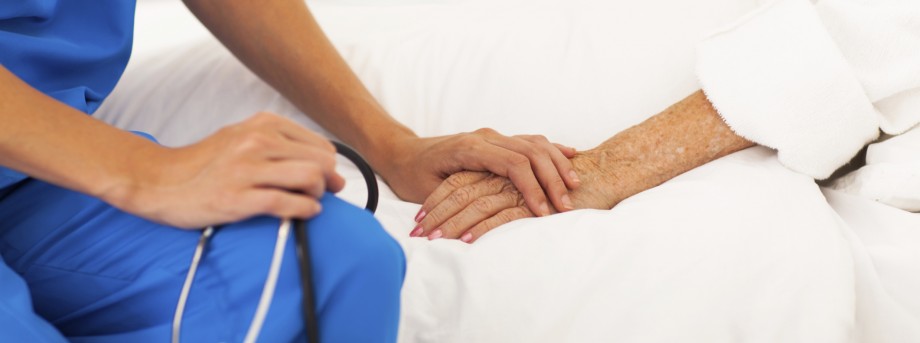The University of Nottingham
 Exchange online
Exchange online
Research Exchange
Transforming healthcare with the humanities

Launched with a showcase on 28 June 2013, Nottingham Health Humanities (NHH), supported by the Centre for Advanced Studies (CAS), brings together established and enthusiastic researchers involved in interdisciplinary research funded by prestigious funding bodies into how applied arts and humanities can inform and transform healthcare and enhance physical and mental health and well-being. In the wake of the Francis Report into failed care at Mid-Staffs, Nottingham Health Humanities offers a timely new vision and innovative approaches to bringing the human back into healthcare.
Led by Professor Paul Crawford, the world’s first professor of health humanities, the NHH builds on the congruent work of both the AHRC-funded International Health Humanities Network and Madness and Literature Network and other earlier activities and initiatives across the University. This research arrives at a time of great relevance, as at present, according to some studies, mental health problems affect as many as one in three or possibly even one in two people and constitute the second-greatest health burden after cardiovascular disease.
As current community care approaches continue to deliver mixed results, Professor Crawford is positive that the new network will have a valuable impact on healthcare: “With its members holding in excess of £6m congruent research funding, NHH is clearly primed to bring together networks and teams of academics, practitioners and other stakeholders from the United Kingdom and overseas, advancing investigation into how the arts and humanities can provide new opportunities for sustaining the health and well-being of diverse populations.”
In summary, the NHH:
- Is the first and leading major body in the UK explicitly dedicated to the new and fast-developing field of the health humanities
- Offers a flagship of diverse partnership between academic, clinical, third sector and community-based organisations or groups.
- Brings together the University’s world class research capability in applied social sciences, arts, and humanities in healthcare, health and well-being
- Establishes major partnerships, not least the National Institutes of Health in the US, NHS UK Trusts, Harvard University, Fudan University and a rich variety of third sector and service user organisations, showing a clear commitment to involvement and public impact
- Outreaches through diverse and inclusive networks, websites and archive developments not least at www.healthhhumanities.org and www.madnessandliterature.org.
Key to the methodology of the NHH is community, specifically in its aim to establish a range of new relations between key communities in healthcare practice. In December 2012, Professor Crawford led a team that did just this in attracting a £1.5m AHRC/RCUK Connected Communities award for a 5 year programme of research, Creative Practice as Mutual Recovery: Connecting Communities for Mental Health and Well-Being. This research is in the field of mental health practice, including service users, practitioners, carer groups, health workers, and more. It is suggested that, by advancing the sharing of “creative capital”, mutual recovery has the potential to transform how millions of service users, professionals and informal carers can work together and achieve better lives together. The NHH already has several early-career researchers on its Associate Membership list alongside established national and international researchers on its Core Membership list.
Debbie Butler, Patient and Public Involvement Officer, NIHR, Mental Health Research Network and a member of the Creative Practice as Mutual Recovery project said: “My colleagues on this proposal treated my morals and ideas with the greatest of respect, allowing me to enhance my confidence and increase my knowledge. I truly believe equality is on its way and that interventions can be built into our communities to aid recovery.”
The work of NHH will be further animated by the development of a new Centre for Social Futures at the Institute of Mental Health at the University, directed by Professor Crawford, for launch in December 2013, which will focus on social and cultural aspects of mental health care and well-being.
Tags: community, health, healthcare, Humanities, mental health, NHH, paul crawford, research, well-being
Leave a Reply
Other

Top prize for quantum physicist
A University of Nottingham physicist has won a prestigious medal from the Institute of Physics for […]

Zero carbon HOUSE designed and built by students comes home
Design and construct a low cost, zero carbon, family starter home, transport it to Spain, build […]